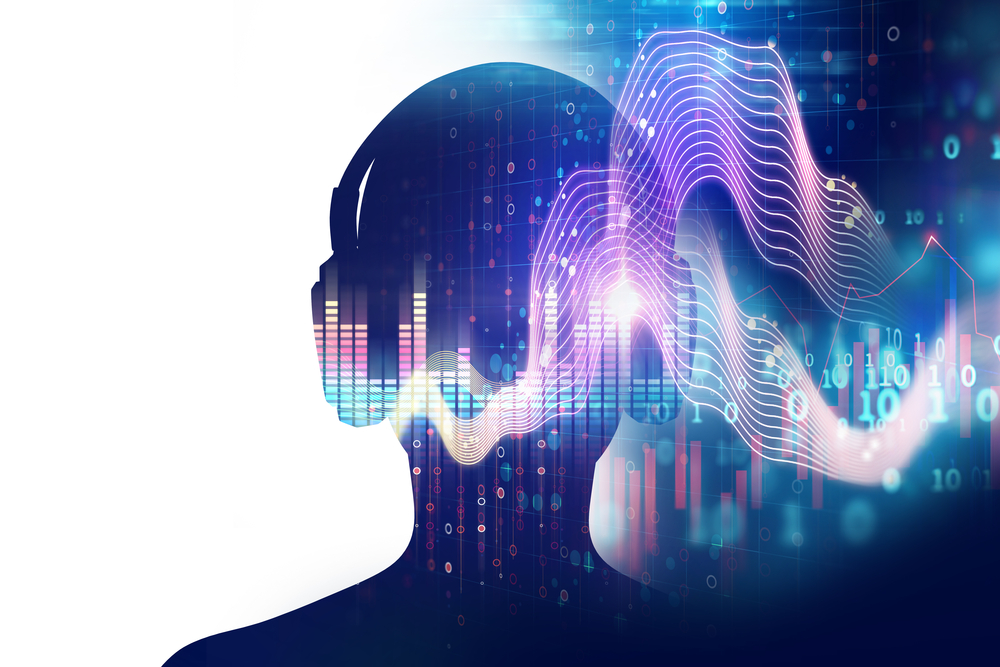A few months ago, French DJ David Guetta shared a video that no doubt sent shivers down the spines of several musicians and music executives. “There’s something I made as a joke that worked so well I couldn’t believe it!” Guetta exclaimed.
Guetta is DJing a set for thousands of fans in a dark club in the video. He performs a tune that appears to sample rapper Eminem, whose distinct voice delights the audience.
“Eminem, bro!” exclaims Guetta. Except that it wasn’t Eminem. Instead, Guetta utilized an AI site to construct lyrics in the style of Eminem, then entered the text into another AI site that mimicked the sound of Eminem’s voice. As a result, “I played the record, and people went nuts.”
The use of AI to generate music has frightened the music industry in recent months, with insiders comparing the disruption to that of the file-sharing site Napster in the early 2000s.
Making music had always had a lower entry barrier than, say, making a film. Artists can create music in their bedrooms. However, AI has opened the floodgates even farther. It has never been easier to produce music and upload it to Spotify. Boomy, a service that allows this, claims that its users have created over 14 million songs. In comparison, Spotify’s whole repertoire contains approximately 100 million songs.

The CEO of Universal Music, Lucian Grainge, has been sounding the alarm. “Unchecked generative AI poses many dangers,” he warned investors earlier this month. According to the Financial Times, Universal Music recently sent a letter to all of the major streaming sites advising them against allowing AI technology to train itself on copyrighted music.
There are several causes for such reservations. The first is self-evident: copyright infringement. An AI-generated doppelganger Drake can only sound like Drake because it learned to do so by listening to Drake. As a result, the record labels contend that Drake should receive a portion of the proceeds from these tracks. Some musicians, such as Grimes, are willing to opt in and allow their voices to be copied in exchange for a 50/50 part of the royalty cash.The copyright issue may take some time to resolve, but music firms and other stakeholders will eventually develop a system for licensing music utilized by AI generators.
But Universal is concerned for another reason. The market share of major-label music on streaming platforms has been progressively falling. In 2017, the four largest sources accounted for 87% of all Spotify listening. By 2022, that figure had dropped to 75%.

Listening is progressively shifting to music by independent musicians, ambient tunes, and AI-generated compositions. Grainge has spent the last few months blaming Spotify for a “oversupply” of content, claiming that 100,000 new music are added every day. He claims that AI has had a significant role in this.
The major record labels are concerned because they collect billions of dollars in royalties that are directly proportional to their share of the market. However, this transition profoundly alters what Spotify is and raises significant concerns about how we will consume music in the future.
For a long time, Spotify was likened to Netflix. It was the location where you could pay a monthly subscription fee to gain access to a big library of professionally produced music. However, Spotify is becoming more of a hybrid of Netflix and YouTube — a site where you can listen to megastars as well as 30-second films of raindrops generated in seconds by anyone with access to a computer.
This change has been aided by artificial intelligence. A prominent music executive likened AI-generated music as “UGC on steroids,” alluding to the handmade films of cats, memes, renditions of popular songs, and so on that dominate YouTube.

Grainge and his colleagues, including Warner Music CEO Robert Kyncl, are discussing the development of a streaming economic model. “It can’t be that an Ed Sheeran stream is worth exactly the same… [as] a rain stream falling on the roof,” Kyncl recently stated.
What might this model resemble? Perhaps all user-generated music will be diverted to a different site entirely, while professional music will be restricted to premium services. Spotify may be hesitant to agree to this. However, further industry transformation is on the way. “The music industry’s disruption has only had one chapter,” argues Midia analyst Mark Mulligan. “There’s a lot more to come.”
Download The Radiant App To Start Watching!
Web: Watch Now
LGTV™: Download
ROKU™: Download
XBox™: Download
Samsung TV™: Download
Amazon Fire TV™: Download
Android TV™: Download

